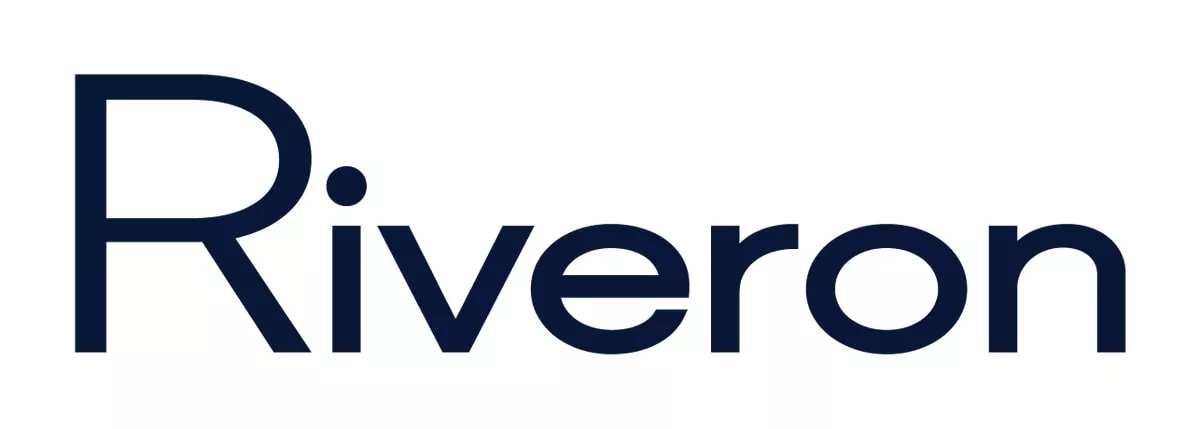- within Media, Telecoms, IT and Entertainment topic(s)
- in United Kingdom
- with readers working within the Media & Information industries
- within Law Practice Management and Law Department Performance topic(s)
In the hospitality industry, revenue metrics like RevPAR and ADR only tell part of the story. A brand's long-term value is defined by its ability to deliver on the guest promise consistently. Guest satisfaction surveys (GSS) are not just scorecards—they areexecutive dashboards thatsignalbrand equity, operational discipline, and future market share potential.
Yet too often, surveys on hotel guest satisfaction are reduced to property-level reporting. Numbers get reviewed, but the deeper patterns that should guide executive decisions go unexplored.
GSS as a Measure of Brand Strength
For lodging executives, GSS is a direct reflection of brand equity. Guests may not differentiate between properties, but they will remember the brand. That means a single underperforming property can diminish perception across the portfolio.
When satisfaction scores dip, loyalty declines, repeat visits drop, and acquisition costs rise. Conversely, when brands act on survey insights consistently, they reinforce trust and drive long-term loyalty.
Operational Signals Demanding Executive Attention
Guest feedback often surfaces issues that don't appear in daily reports. Long waits at check-in, inconsistent housekeeping, or recurring complaints about food and beverage are not just service concerns—they are operational red flags.
The executives who treat guest satisfaction surveys as part of their monitoring system gain early warnings of systemic gaps. They can reallocate staff, refine processes, and ensure consistency before small issues scale into brand-wide risks.
The Link to Growth
Satisfaction is not a "soft" metric. Studies have shown that even modest improvements in guest satisfaction correlate with measurable increases in RevPAR and occupancy. Loyal guests not only return—they recommend, join loyalty programs, and drive long-term revenue.
That makes GSS a leading indicator of growth. Executives who track it with the same discipline as financial KPIs are better positioned to sustain performance.
Practices That Elevate GSS From Score to Strategy
From my experience, lodging executives who leverage guest satisfaction surveys effectively adopt a disciplined approach. Here are some practices effective hospitality leaders can follow:
- Integrate with Financial KPIs: Link survey trends directly to revenue drivers such as ADR, RevPAR, occupancy, and flow-through to ensure guest experience is embedded in performance management.
- Benchmark Across the Landscape: Evaluate results not only across properties within the portfolio but also against competitive sets and industry standards to define true best-in-class.
- Close the Loop with Visibility: Show both guests and staff that feedback informs tangible actions—reinforcing accountability, culture, and trust in the brand promise.
- Monitor Continuously, Act Rapidly: Treat dips in satisfaction as immediate operational signals, enabling proactive interventions before they become quarterly reporting surprises.
- Escalate Persistent Patterns: Address recurring or systemic issues through portfolio-wide initiatives—moving beyond property-level fixes to enterprise-level solutions.
This discipline transforms GSS from operational reporting into an executive tool.
Final Thoughts for Hospitality Leaders
In today's lodging environment of rising costs, labor constraints, and growing guest demands, GSS is a leadership discipline. Those who act on its signals today will build stronger brands and portfolios for tomorrow.
Ready to turn guest insights into tangible business results? Contact Riveron's team of professionals to learn how our comprehensive solutions—spanning performance improvement, financial advisory, and more—can help CFOs and other leaders guide successful operations and build lasting brand loyalty.
The content of this article is intended to provide a general guide to the subject matter. Specialist advice should be sought about your specific circumstances.
[View Source]

